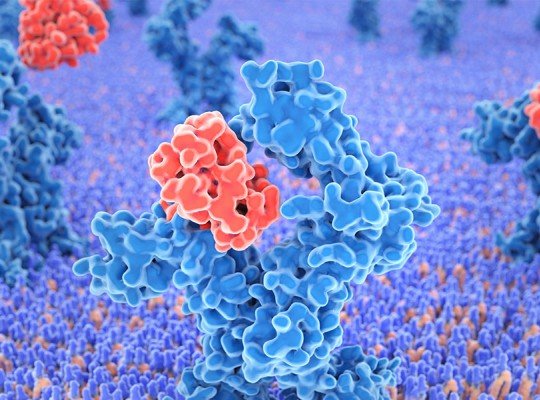
Recombinant Protein
What Is A Recombinant Protein
A Recombinant protein is a protein produced artificially by an expression host organism, aka expression system, that is transfected with a recombinant gene (target gene) isolated from another organism. The purpose is to produce the target gene encoded protein in large quantities for medical, research and academic uses.
Expression Systems
There are several common expression systems for producing recombinant proteins, such as E. Coli, Yeast, Insect Cell lines such as Sf21, mammalian cells such as CHO, HEK, and human cell lines. These expression systems act as the factory for recombinant protein production, where the cellular mechanisms involved in protein production uses the recombinant gene in the vector as blueprint to mass produce the target protein. E. Coli is the first organism to be used as an expression system. It is easy to use however cannot produce protein with post-translational modification (PTM) because it lacks the cellular mechanisms of eukaryotic cells which is necessary for PTM of proteins. Thus for producing simple proteins and for applications that do not require proteins to have PTM, E. Coli is a sufficient and convenient expression system however for more complex applications, more advanced expression systems are required.
Expression Vectors
A vector is a tool for manipulating DNA. It is the transport vehicle for the gene of the protein of interest. There are many types of vectors, some common vectors are plasmids and reverse transcription viruses. The DNA that encodes the protein is first synthesized in vitro, or cloned from native host DNA templates, then inserted into the vector DNA. The host organism is processed to take up vectors. These vectors, once inside the corresponding host cells, will be transcribed and translated into proteins.
